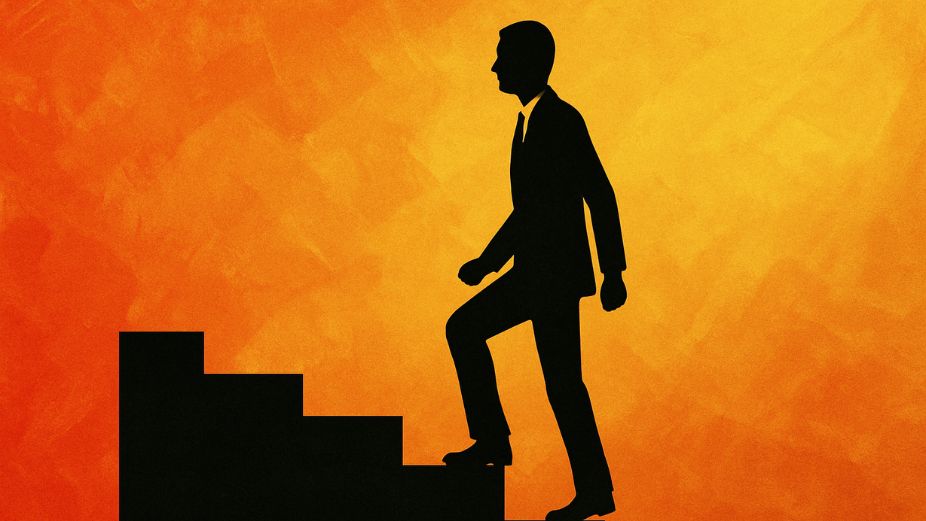
Promotions are typically viewed as a reward for performance, but moving into a management role is not always as straightforward or beneficial as it may seem. While a higher salary or job title can be appealing, the shift in responsibilities and perception can create unexpected challenges.
More companies are beginning to rethink traditional promotion structures. Instead of assuming that progression must involve people management, some organisations are offering dual career tracks. This allows employees to advance professionally while continuing to specialise in their areas of expertise. For industries in the Maldives such as hospitality, finance, and logistics, this approach could help retain top talent by offering meaningful growth without requiring a transition into leadership roles that may not suit every individual.
The transition to management is often one of the most delicate phases in a person’s career. While the individual remains the same, their position changes, and with it, the expectations and scrutiny from peers and subordinates. Skills that once helped them succeed, such as attention to detail or a hands-on approach, may be interpreted differently once in a leadership role. This shift in perception can lead to misunderstandings, and in some cases, isolation from the team.
Pressure also plays a major role in shaping a manager’s behaviour. Under increased pressure, even well-intentioned actions can come across as controlling or detached. Without honest feedback from colleagues or the ability to recognise how their behaviour has shifted, managers can unknowingly harm team morale and performance.
For employers in the Maldives, this highlights the need to support leadership transitions with proper training, clear communication, and a culture that encourages feedback. Promotions should not be seen purely as a reward, but as a shift that requires new skills, greater self-awareness, and an understanding of how power dynamics affect workplace relationships.
Recognising that leadership is a dynamic role, influenced by external stress and internal expectations, may help organisations develop better managers and more resilient teams. Rather than treating pressure as something to avoid, it can become an opportunity for growth and refinement, provided the right support structures are in place.
As the professional landscape continues to evolve, especially in smaller and close-knit Maldivian work environments, it may be time to rethink what success really looks like, and whether every promotion is truly the best next step.








